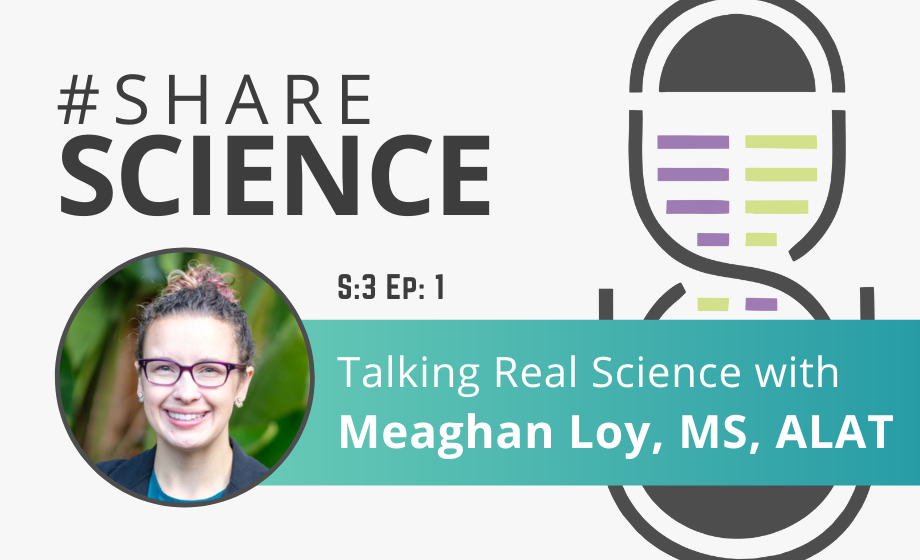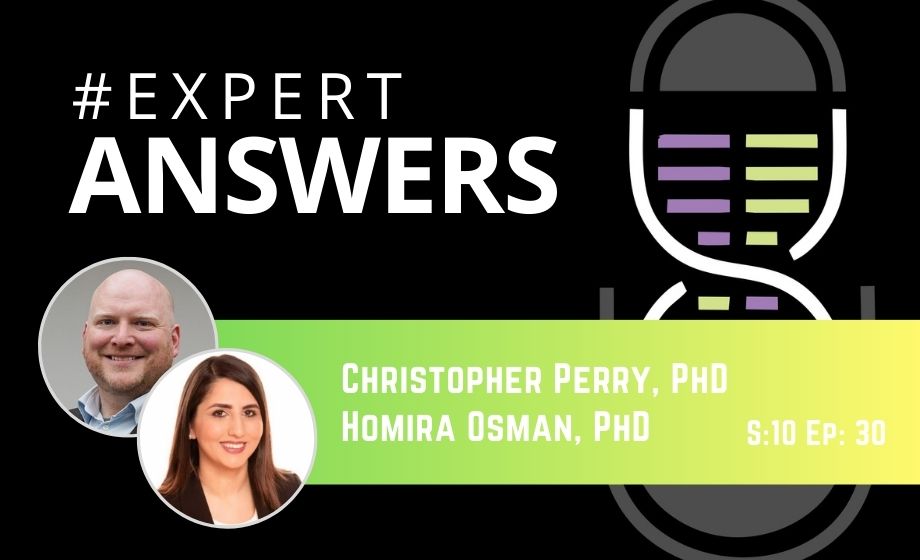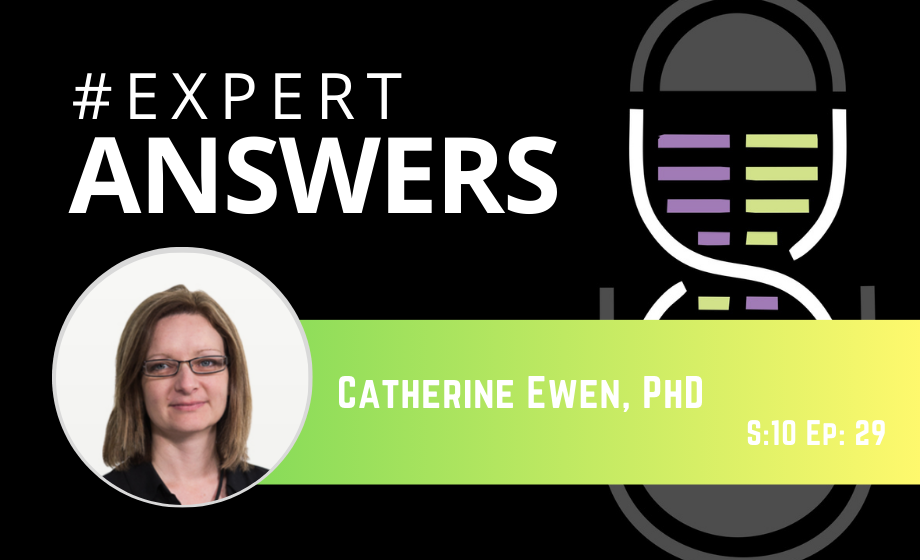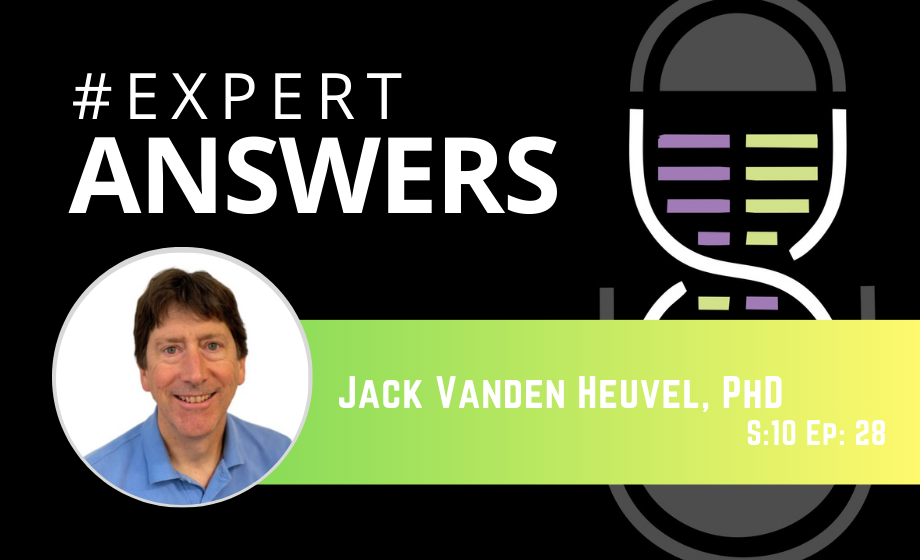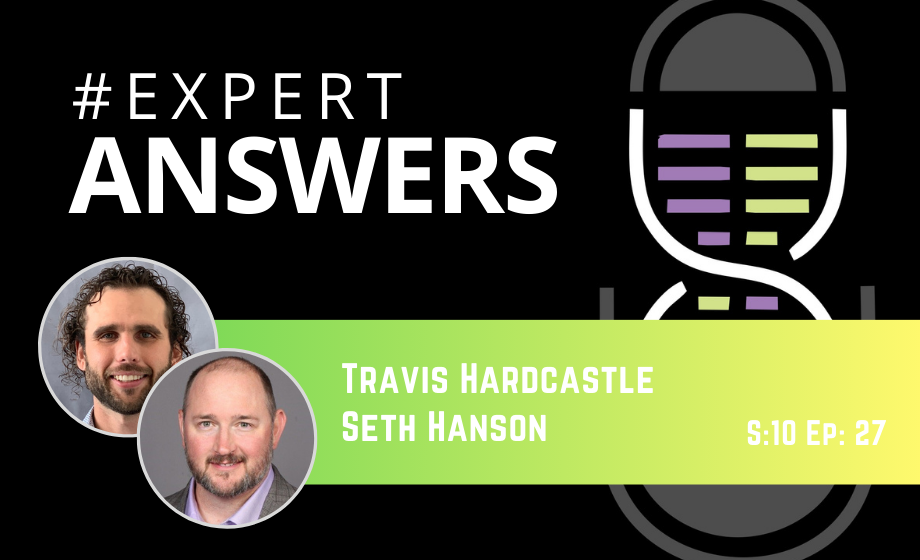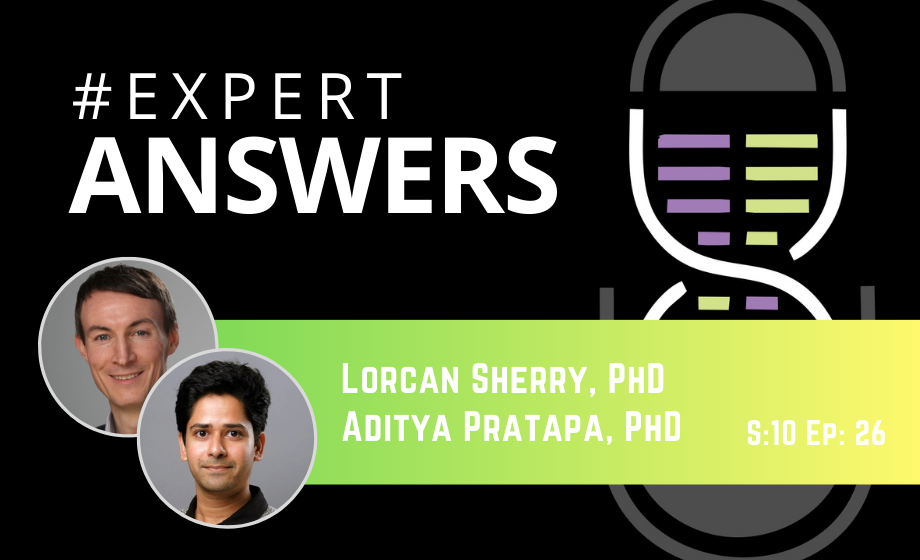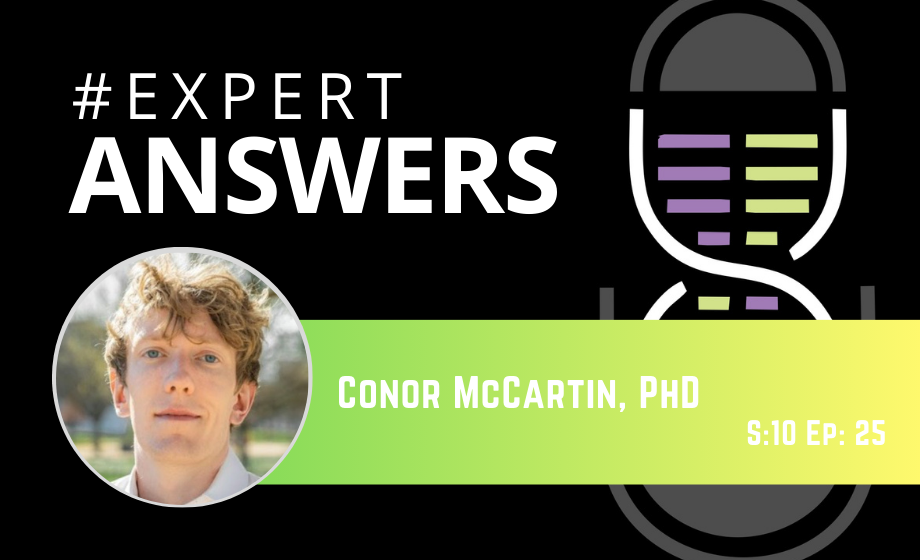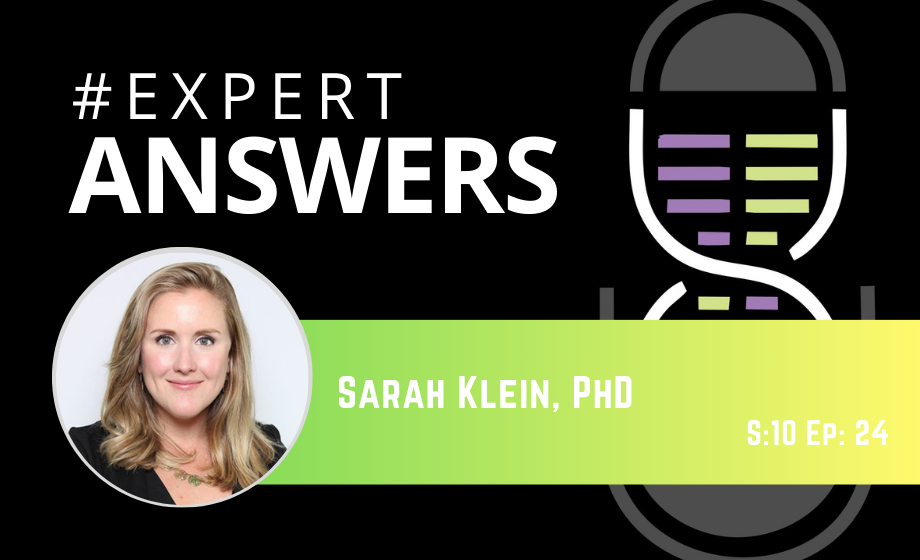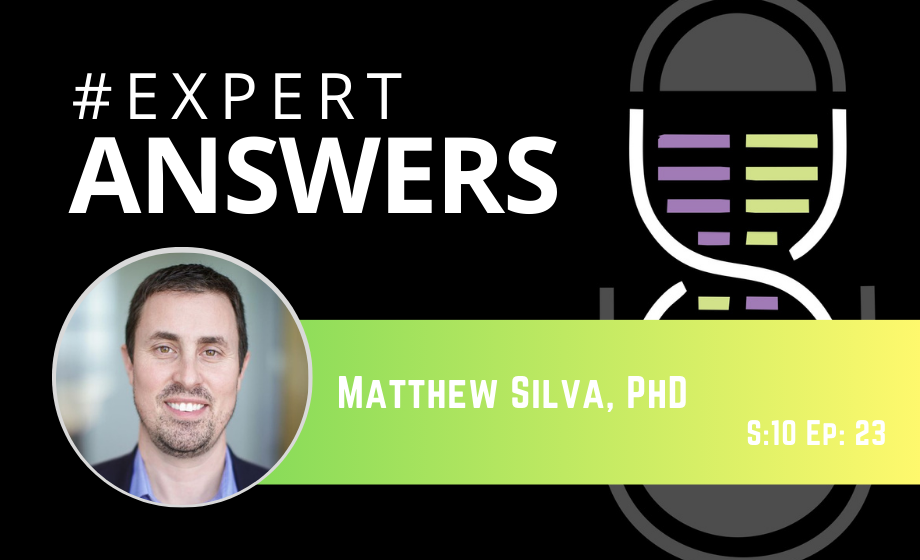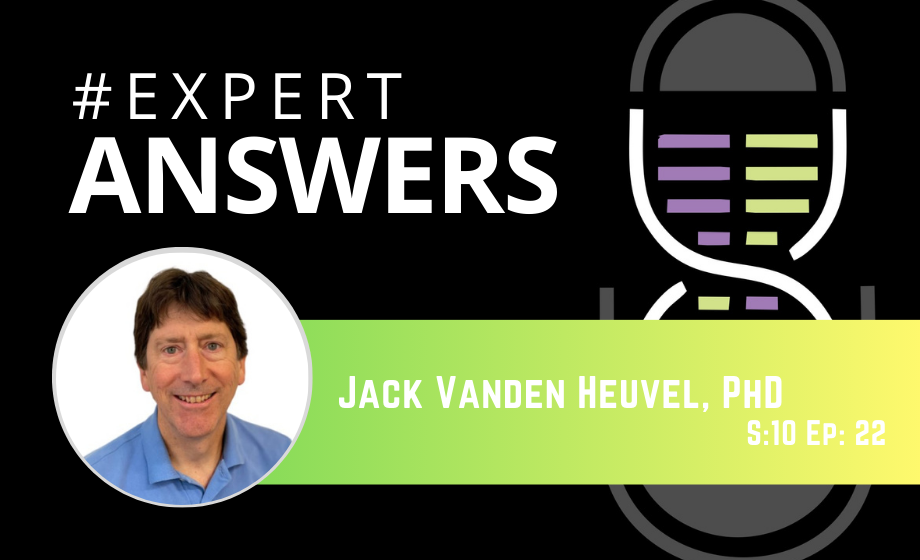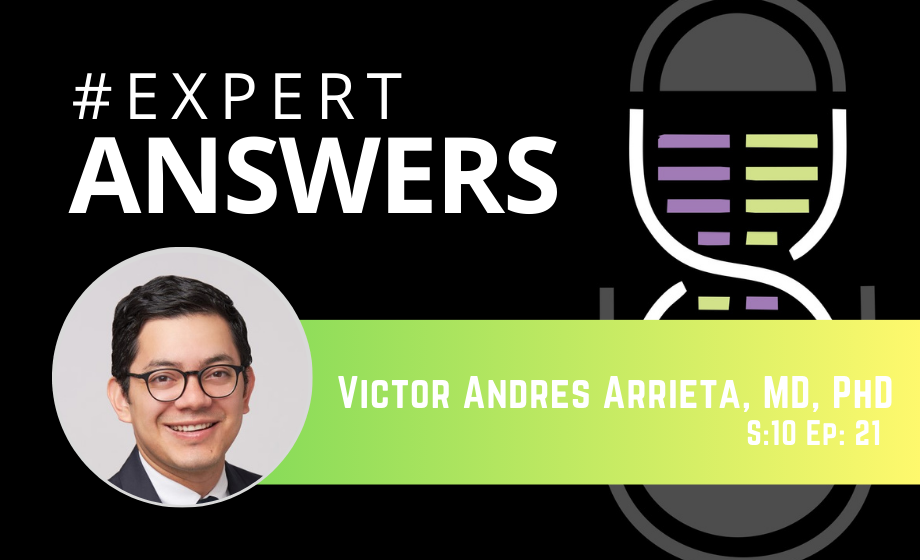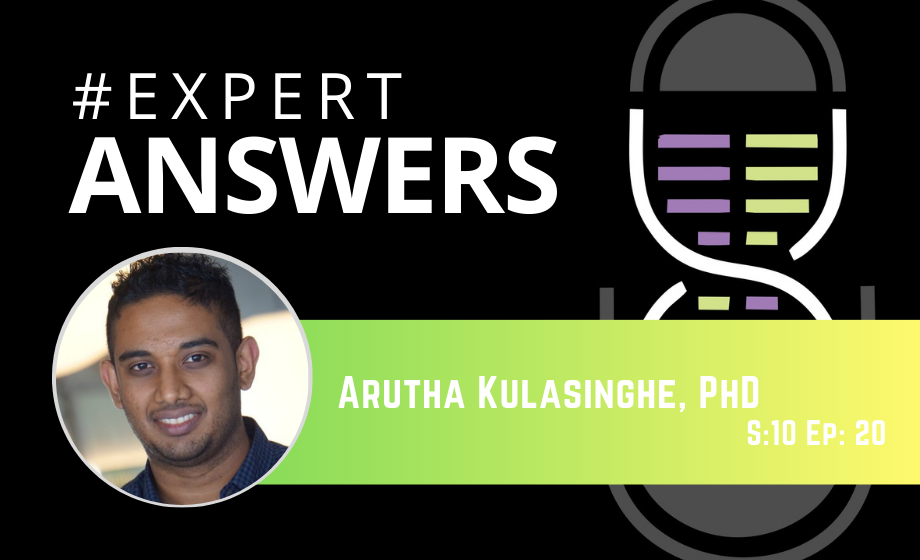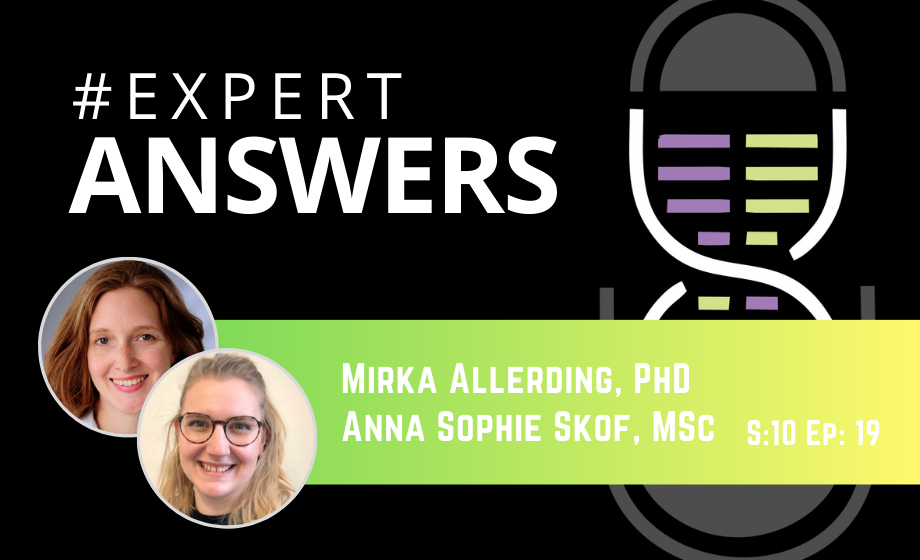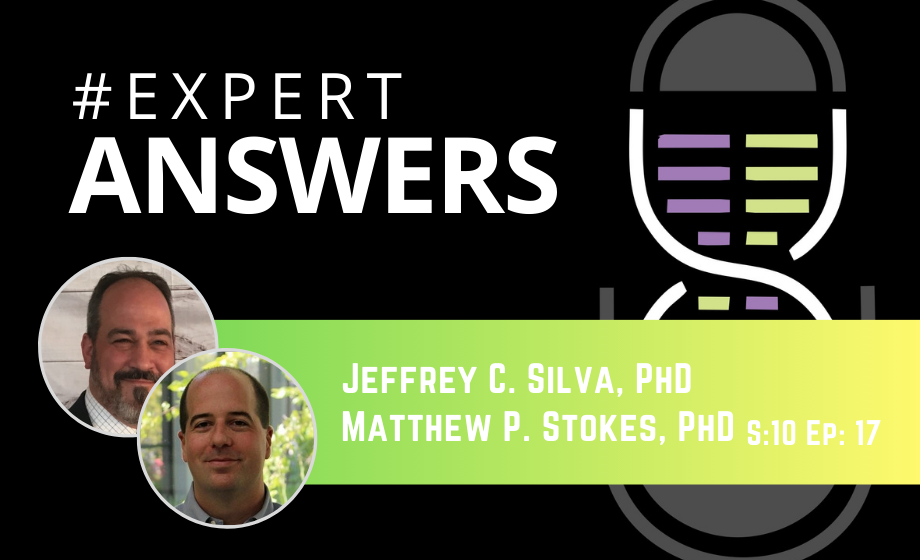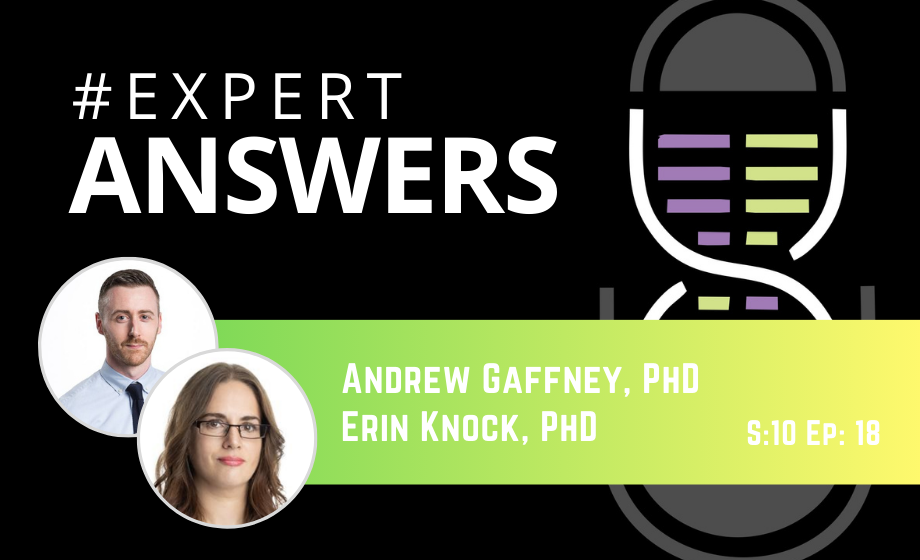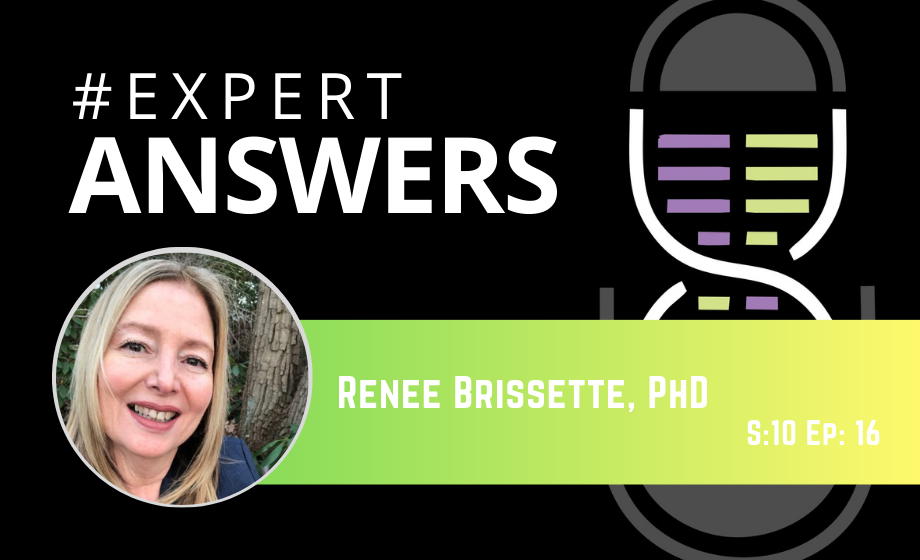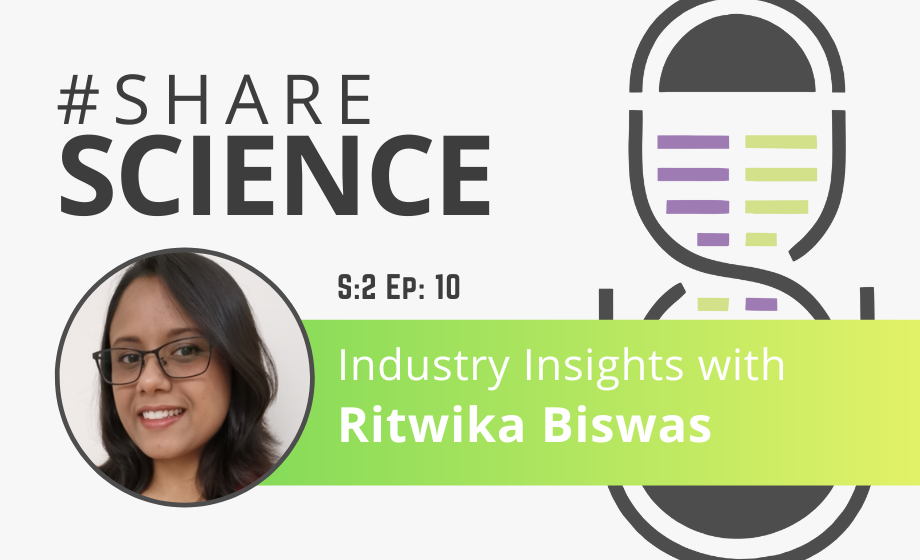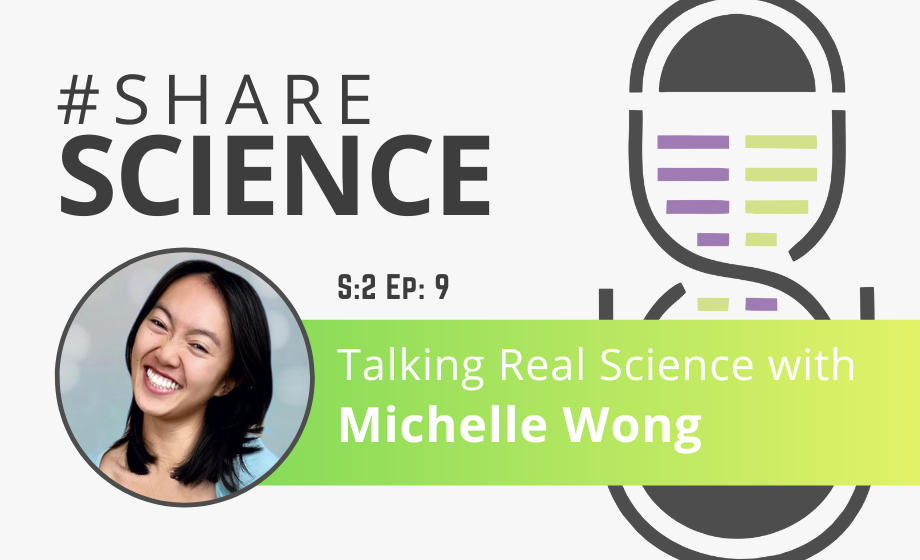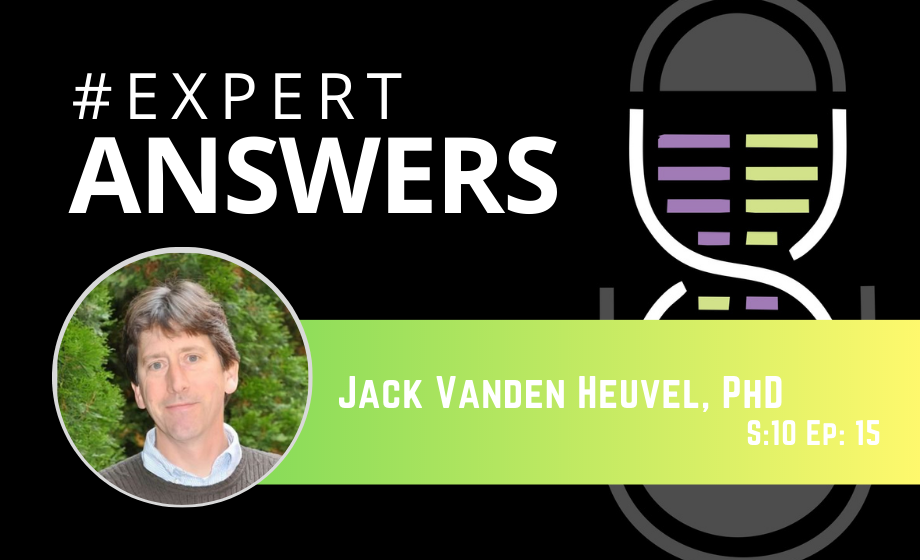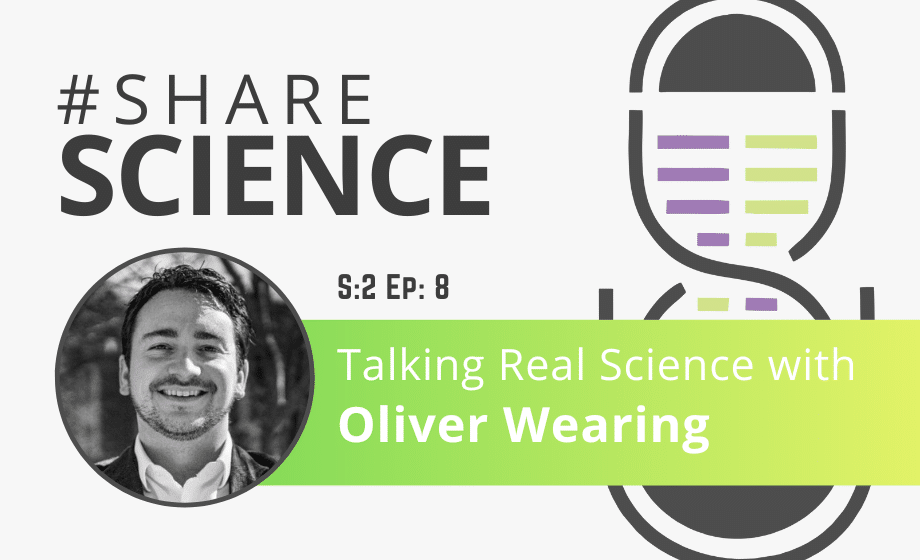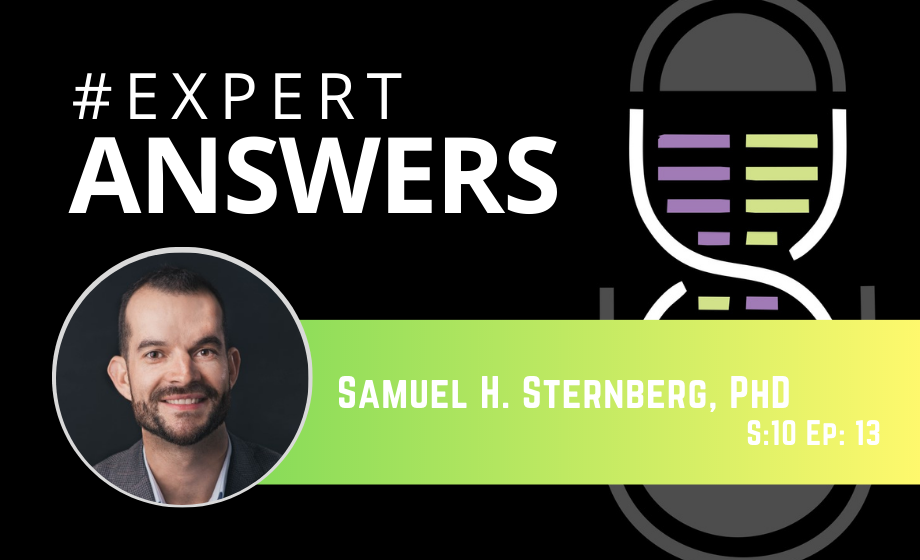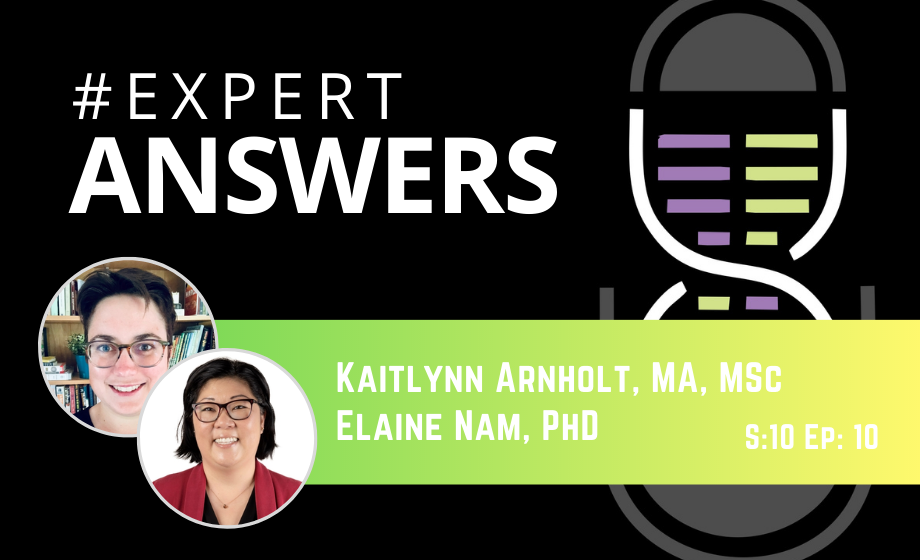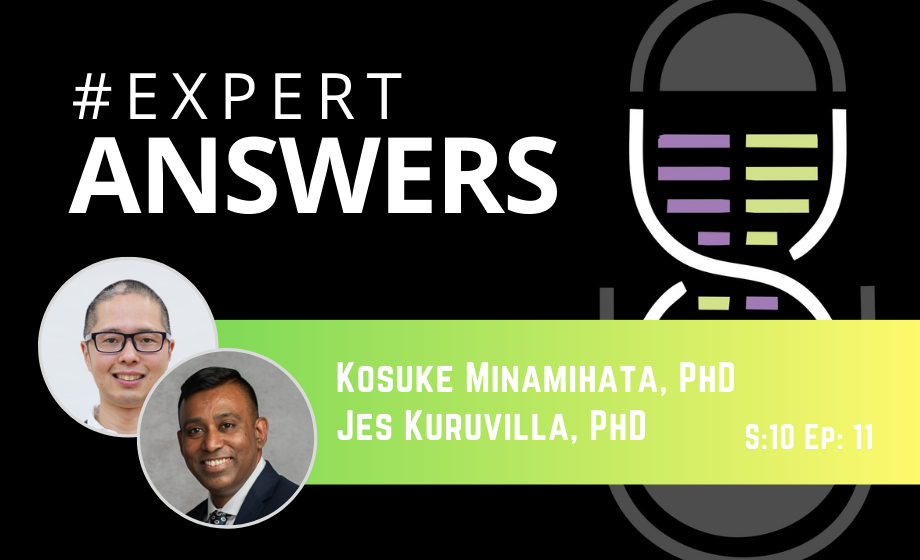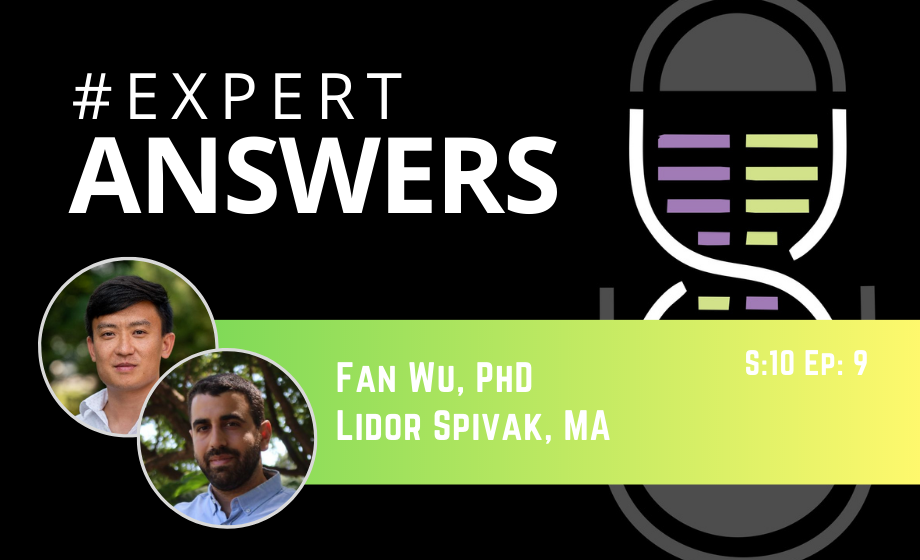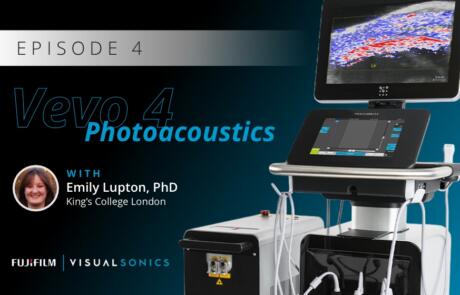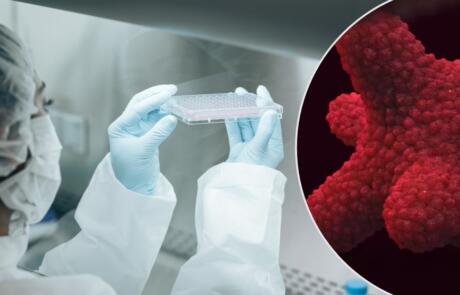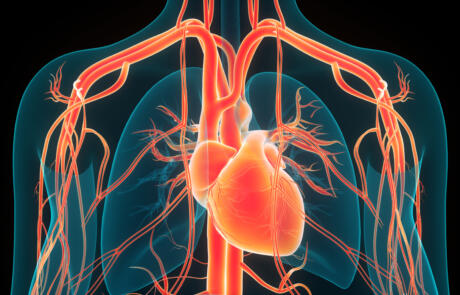Talking Real Science with Meaghan Loy on Rare Disease Day
On this episode of #ShareScience, we spoke with Meaghan Loy, Senior Category Director of In Vivo Services with Scientist.com, on Rare Disease Day.
#ExpertAnswers: Christopher Perry and Homira Osman on Integrating Patients, Clinical, and Advocacy Partners with Preclinical Research Labs
Dr. Christopher Perry, York University and Dr. Homira Osman, Muscular Dystrophy Canada answer questions from a recent webinar on how the integration of clinical, industrial, and not-for-profit advocacy partners with preclinical research labs offers great potential to improve our research impact.
#ExpertAnswers: Catherine Ewen on Setting Up DC and CD8⁺ T Cell Co-culture Experiments
Dr. Catherine Ewen from STEMCELL Technologies answers questions from a recent webinar where she describes how to set up DC and CD8⁺ T cell co-culture experiments and assess T cell proliferation and activity.
#ExpertAnswers: Jack Vanden Heuvel on Prediction Drug-Drug Interactions Early
Dr. Jack Vanden Heuvel from Penn State University and INDIGO Biosciences answers questions from a recent webinar where he discusses [...]
#ExpertAnswers: Travis Hardcastle and Seth Hanson on Using CRISPR and iPSCs for Neuroscience Research
Travis Hardcastle and Seth Hanson answer questions from a webinar where they discuss innovative applications of CRISPR and iPSCs in disease modeling and drug discovery.
#ExpertAnswers: Lorcan Sherry and Aditya Pratapa on Analyzing Multiplex Immunofluorescence Images
Dr. Lorcan Sherry and Dr. Aditya Pratapa answer questions from a recent webinar where they present a novel workflow for analyzing multiplex immunofluorescence images.
#ExpertAnswers: Conor McCartin on Phage Display Technologies
Dr. Conor McCartin from ProteoGenix answers questions about the utilization of phage display in the development of human antibodies.
#ExpertAnswers: Sarah Klein on SignalStar Multiplex IHC
Dr. Sarah Klein from Cell Signaling Technology answers questions from a recent webinar about accelerating spatial biology discoveries using SignalStar™ Multiplex IHC panels.
#ExpertAnswers: Matt Silva on Cryo-Fluorescence Tomography for Immunotherapy Research
Matthew Silva, PhD, CEO of EMIT Imaging, answers questions from a recent webinar where he highlights the role of cryo-fluorescence tomography in advancing the field of immunotherapy research.
#ExpertAnswers: Jack Vanden Heuvel on Using Cell-Based Bioassays and Effect-Based Methods for Water Quality Assessment
Dr. Jack Vanden Heuvel answers questions from a recent webinar on the use of cell-based bioassays and effect-based methods for water quality assessment.
#ExpertAnswers: Victor Arrieta on Anti-PD-1 Immunotherapy for Recurrent Glioblastoma
Dr. Víctor Andrés Arrieta explores how p-ERK activation links to better survival in rGBM patients treated with anti-PD-1 immunotherapy.
#ExpertAnswers: Arutha Kulasinghe on Single-Cell Spatial Phenotyping for Biomarker Discovery
Dr. Arutha Kulasinghe discusses application of single-cell spatial phenotyping for characterizing the tumor microenvironment.
#ExpertAnswers: Mirka Allerding and Anna Sophie Skof on Indivumed Services’ Cell-Free Plasma Biobank
Experts from Indivumed Services answer questions from webinar where they describe the role of longitudinal plasma samples for cancer research.
#ExpertAnswers: Jeffrey Silva and Matthew Stokes on Mass Spectrometry-Based Proteomics
Experts from Cell Signaling Technology answer questions from a recent webinar on mass spectrometry-based proteomics.
#ExpertAnswers: Andrew Gaffney and Erin Knock on Neural Progenitor Cell Differentiation
Experts from STEMCELL Technologies answer questions from a webinar presenting an iPSC line and its differentiation into neural cells.
#ExpertAnswers: Renee Brissette, PhD on Custom Antibody Generation
Dr. Renee Brissette from Bio-Rad answers questions from a recent webinar highlighting Bio-Rad's bioanalytical services.
Industry Insights with Sino Biological: Cytokines – Catalysts of the Regenerative Revolution
Ritwika Biswas from Sino Biological explores the transformative potential of regenerative medicine and the crucial role of cytokines in tissue repair and regeneration.
Talking Real Science with Michelle Wong
Michelle Wong is one of 10 winners of the inaugural Scientist.com STEM Research NIL Award. In this episode, she discusses his current research interests, projects, and where the road lies ahead for her future career aspirations in STEM.
#ExpertAnswers: Jack Vanden Heuvel on Nuclear Receptor Profiling
Dr. Jack Vanden Heuvel from Penn State University answers questions from a recent webinar discussing the use of cell-based reporter [...]
#ExpertAnswers: Steven Loo-Yong-Kee on CRISPR-Edited T Cells
Steven Loo-Yong-Kee highlights Artisan Bio’s STAR-CRISPR system for optimized gene editing in cell therapy, with a focus on the genetic modification of T cells for cancer immunotherapy.
Talking Real Science with Oliver Wearing
Oliver Wearing shares what led him to study the relationship between cardiovascular physiology and the autonomic nervous system, how achieving his various positions and awards have allowed him to pursue his research goals, and where he hopes to take his work next.
#ExpertAnswers: Sam Sternberg on Genome Engineering
Sam Sternberg discusses a novel CRISPR-Cas9 system using programmable, RNA-guided transposase and highlighting its implications for genome engineering in cell and gene therapies.
#ExpertAnswers: Kaitlynn Arnholt and Elaine Nam on Lab-Based Learning
Kaitlynn Arnholt and Elaine Nam discuss how the collaboration between ADInstruments and Vernier Science Education enhances lab-based learning.
#ExpertAnswers: Kosuke Minamihata and Jes Kuruvilla on Synthetic Peptides for Regenerative Medicine
Kosuke Minamihata and Jes Kuruvilla discuss how synthetic growth factors work and give application examples using these synthetic peptides for cell therapy and regenerative medicine.
#ExpertAnswers: Fan Wu and Lidor Spivak on Electrophysiological Data Analysis using Artificial Intelligence
Fan Wu and Lidor Spivak discuss automating electrophysiological data analysis using artificial intelligence and introduced a new cloud-based platform applying these methods.
